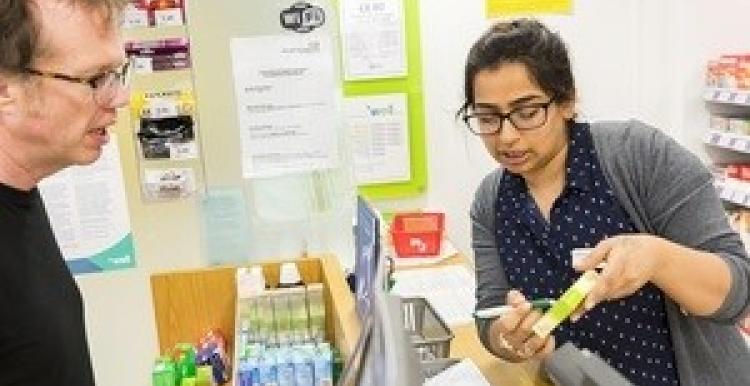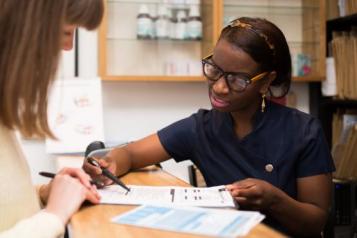National roll-out of electronic prescription service

About the service
All prescriptions across England will be digitised to make staff and patients’ lives easier, Primary Care Minister Jo Churchill has announced today.
The electronic prescription service (EPS) will be rolled out nationally next month, following rigorous testing involving 60 GP practices and hundreds of pharmacies.
Almost 70% of all prescriptions are already being prescribed and dispensed through EPS and there has been positive feedback from GPs and pharmacies.
Once the roll-out of the final stage is completed, nearly all prescriptions will be sent electronically.
The EPS will save the NHS £300 million by 2021 by increasing efficiencies, reducing the amount of paper processing required and reducing prescribing errors.
How does it work for patients?
A unique prescription barcode will be given to patients, which can be scanned at any pharmacy to retrieve medication details.
This information is held on the secure NHS database and will allow a patient’s prescription to be accessed quickly by GPs and pharmacies.
Patients will not need to pick up repeat prescriptions from their GP.
What it will do to help the NHS?
It will increase efficiencies across the NHS by:
- Eliminating the need for patients to pick up repeat prescriptions from their GP.
- Allowing prescribers to digitally sign and cancel electronic prescriptions, rather than using a physical signature.
- Reducing the amount of administration needed around prescriptions, and reduce the volume of prescriptions that need to be stored.


